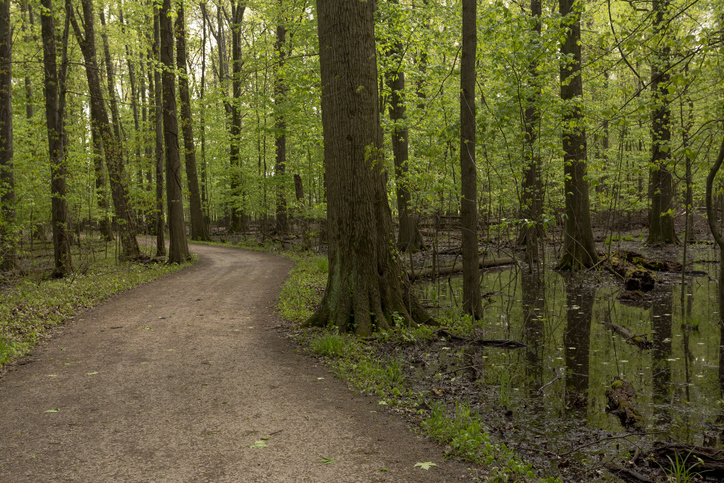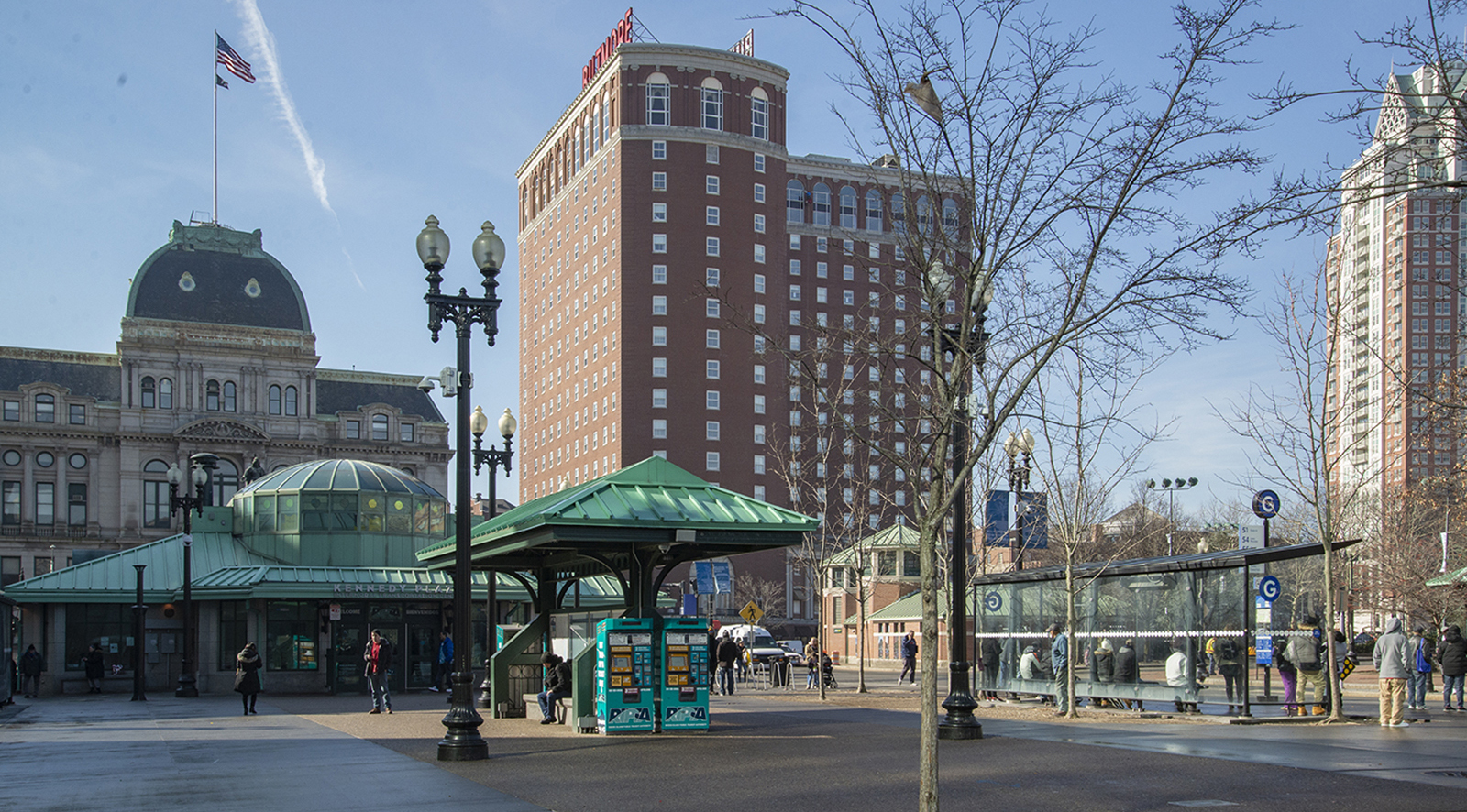Compost Key to Healing Economy and Environment
May 7, 2015
Climate change is the existential crisis of our time. The removal of organics from our landfill stream is one of our key strategies for reducing the production of greenhouse gases, especially methane, and provides a new resource for one of the few industries in Rhode Island that is expanding, agriculture.
Like solar energy, compost is an idea whose time is finally coming. We could have adopted both technologies 30 years ago, but we waited for the damage to the planet to become overwhelming. Now we play catch-up.
We also have an opportunity to remake Rhode Island. It’s my opinion that Rhode Island, and for most of urban New England, economic growth, if it occurs at all, will never return to the growth rates we have become accustomed to or that our politicians like to promise. The changes in the economy mean that places like Rhode Island are going to see incomes trending toward a global mean that is considerably lower than incomes here now. We could treat this as a disaster and scream for tax cuts for the rich, or we could face the global and ecological challenges openly and honestly and decide to embark on a new path to prosperity.
Compost, which exemplifies that life is a round paradigm, is a big piece of the way forward.
The path to prosperity requires ecological healing and economic justice. I know the story about the business climate, but the evidence continues to show that business climates have negligible effects on economies, despite the hoopla. Politicians have been cutting taxes for the wealthiest for years and it hasn’t worked out well.
A recent example is Kansas, which cut taxes, and now lags behind all of its neighbors in job creation. Missouri, which didn’t cut taxes, leads in job creation in that part of the Midwest. We have also heard the stories about how environmental regulations harm business, but when we practice full-cost Accounting, communities always come out ahead when the environment and public health are protected.
Ecological healing, as it relates to compost, starts with keeping food scrap out of the Central Landfill, which reduces methane emissions and the energy needed to transport the material for burial and extends the life of the landfill. Compost also replaces fossil fuel-based fertilizers in providing nutrients for plants, helps soil hold water and can sequester more than a ton of carbon per acre.
Brownfields provide us with one of the best places to inject economic justice into our economy. What we do with brownfields is a big factor in the state’s economy. Some have been turned into parks and community gardens and others into affordable housing, but often they become part of the gentrification that cities use to raise revenue — when they haven’t signed it all away with tax abatements. The results may be fine for some segments of the community, but many other people are displaced, simply moving the poverty around like a shell game.
Brownfield communities are similar to rainforest communities. Low income, marginalized, disempowered and disenfranchised. Like brownfield communities, rainforest communities are often made up of people considered to be a different ethnicity than those who dominate the politics of the area. And rainforest communities have insecure tenure as everyone who wants to get rich wants to steal the forest.
The World Bank studied development in rainforest communities and figured out that if you wanted a good outcome, an outcome good for forest health and a serious reduction of poverty, there were a few key things to do. One was to make sure the poorest of the people received secure land tenure. The second component was that forest health had to be integral to economic development. A third factor was that economic benefits had to be specifically targeted to the very poorest people. The flip side of this is that if the benefits of development were allowed to flow through traditional, power-based channels, poverty increased as more and more resources were siphoned out of the community.
This tells us gentrification is likely to remove assets from the people already living in the area, and that the people living in the area prior to gentrification of a brownfield are likely to be poorer by some measures after than they were before.
One final thing the World Bank says is important for success is that the people in the community have to democratically control the development and that the entire system has to be embedded in a system of economic democracy so that communities have a real voice and vote in what happens to them. This is as true in Olneyville as it is in Indonesia.
Compost gives us an opportunity. It’s a resource generated everywhere that is needed everywhere. If we make sure the benefits — financial, soil building and food security — stay in the community, it’s likely to build communities and help them thrive, rather than displace them. And we all should remember that in the relatively near future much more of the Rhode Island economy is going to be food production. We will never completely feed ourselves with a million people in 1,000 square miles, most of which are most productive as forests. But to do as well as we ought to, we need to grow food in low-income urban neighborhoods using community-generated compost.
In some ways the need to keep compost local fits the state’s new compost law. It creates an opportunity for a dispersion of compost sites serving regional and local compost cycles and can be done using a variety of technologies.
I know something of the persistent effort to create an anaerobic digester in Rhode Island, but so far no one has succeeded. I have learned much by watching the unsuccessful efforts to put together deals. Over time, I am less enamored by this technology, recognizing that it produces relatively small amounts of gas.
The drought in California also reminds me to rethink anaerobic digestion. Between the low price of gas and the great need for actual compost, I’m not sure the AD industry is what is best for us.
Compost by itself will not solve our problems, but when thinking about how to create a round society, a truly sustainable society, compost might be our best model. And that is what we need a round society, one that wastes nothing, makes sure that the rewards are widely distributed and leaves ecosystems healthier than they were last year.
Greg Gerritt runs the think tank Prosperity for Rhode Island and organizes the annual Rhode Island Compost Conference & Trade Show.
Categories
Join the Discussion
View CommentsRecent Comments
Leave a Reply
Your support keeps our reporters on the environmental beat.
Reader support is at the core of our nonprofit news model. Together, we can keep the environment in the headlines.
We use cookies to improve your experience and deliver personalized content. View Cookie Settings




Nicely done Greg.
Thank you Greg for your foresight & leadership.